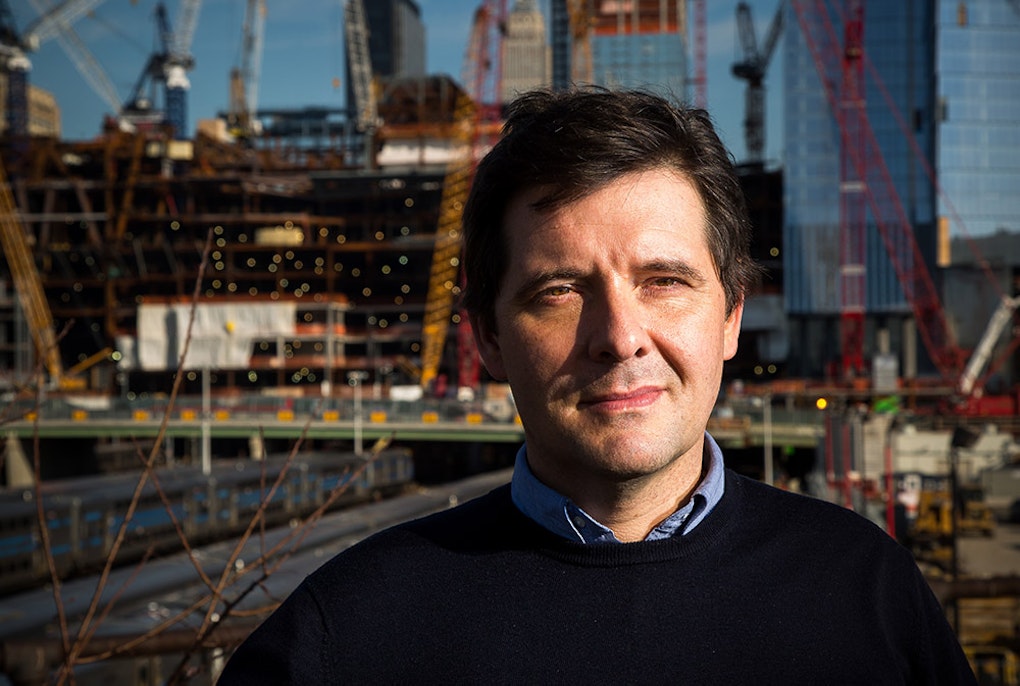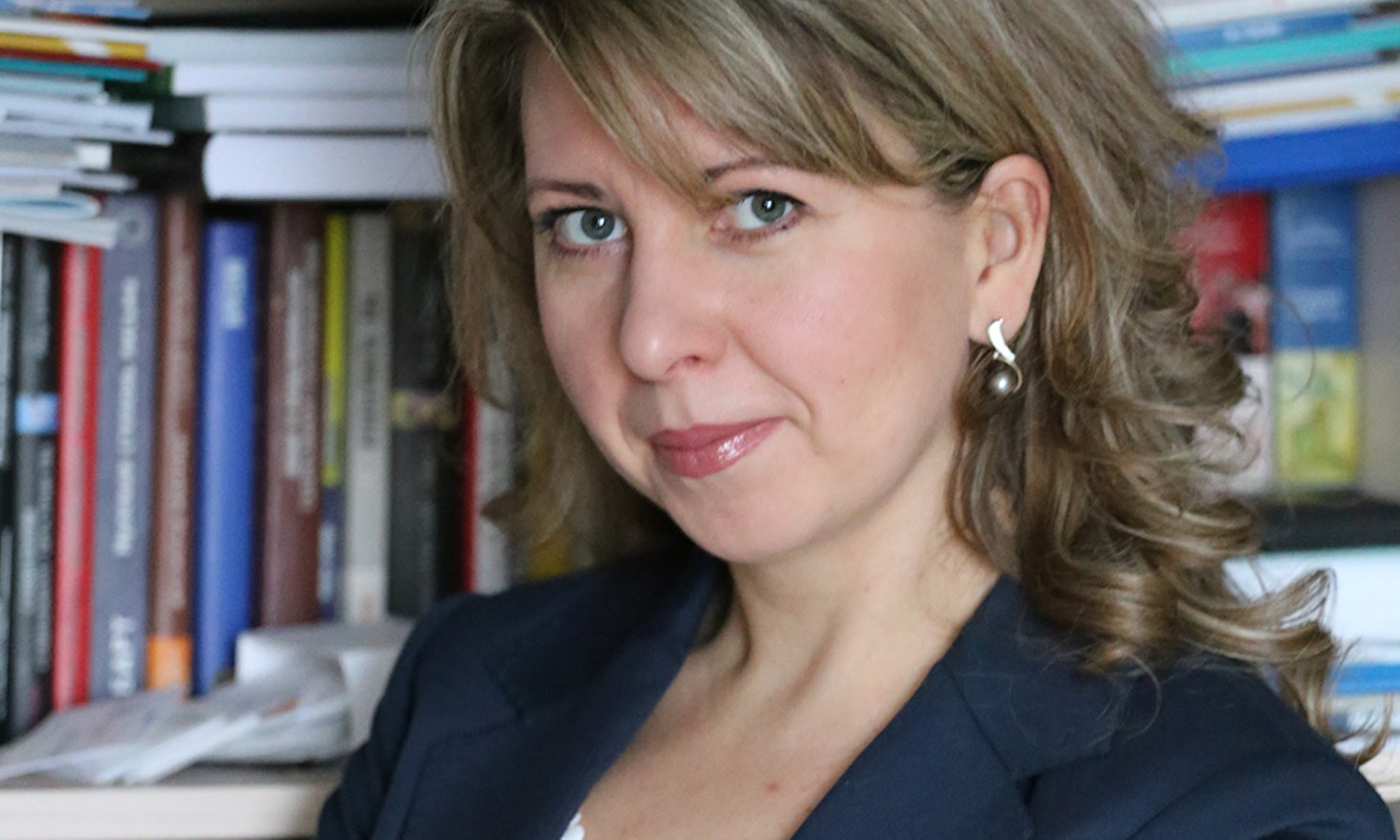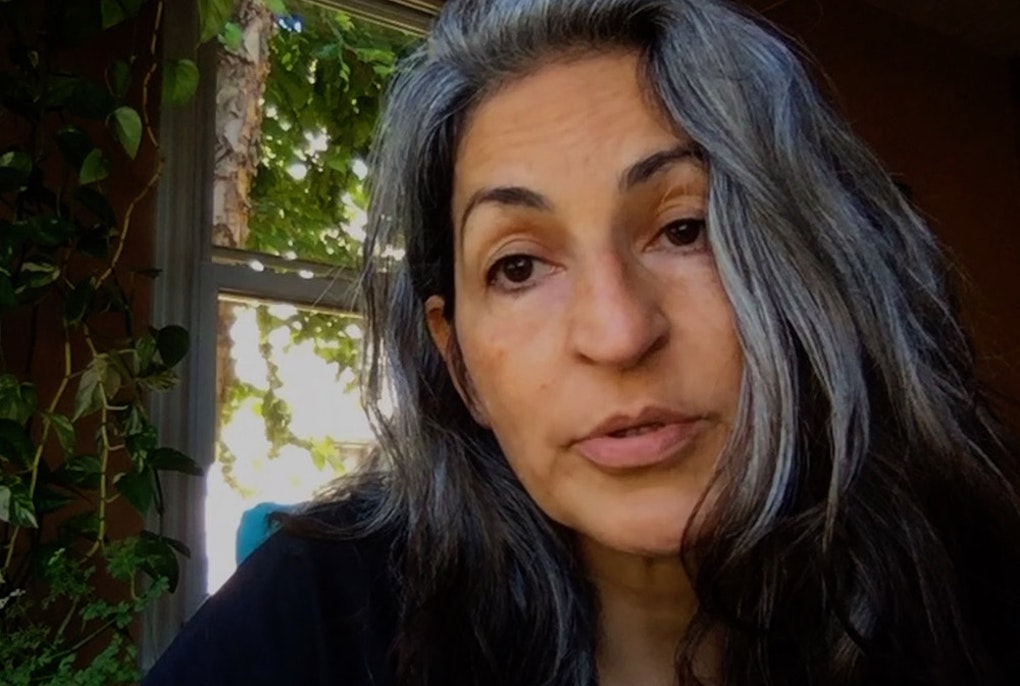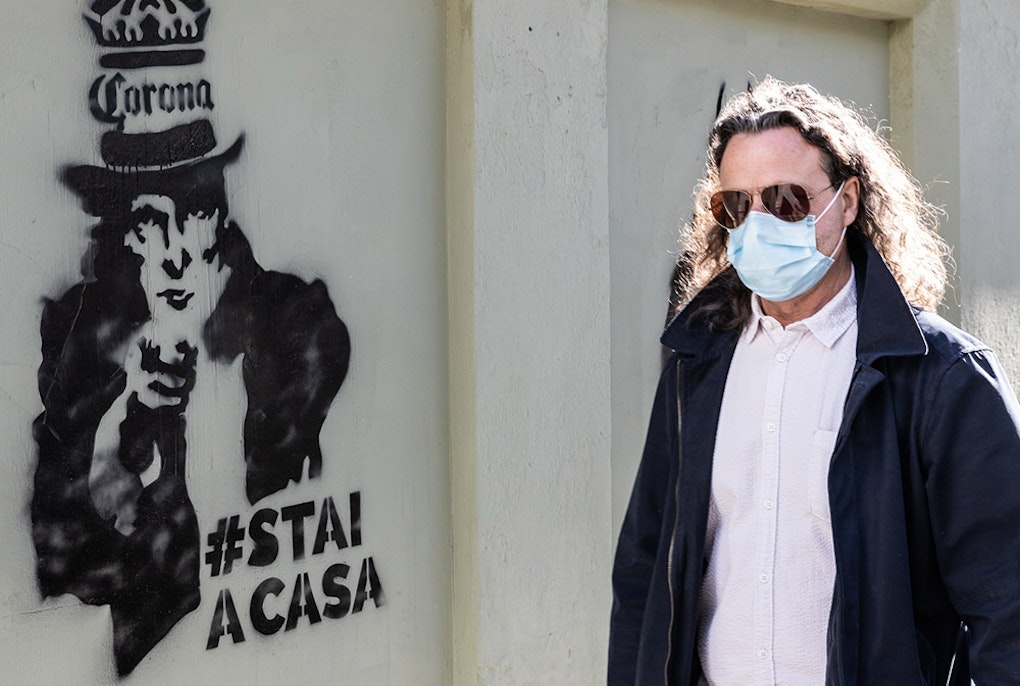
Cooperatives reloaded. Let’s own the digital world!
 Valeria von Miller
Valeria von Miller
Is Covid-19 shaping the EU and Russia’s future relations? Giulia Isetti, Senior Researcher at the Center for Advanced Studies of Eurac Research, conducted an interview with Elena Alekseenkova, Head of the Center for Italian Studies at the Institute of Europe of the Russian Academy of Science.
Elena Alekseenkova: Unfortunately, I cannot say that crisis management in Russia has been satisfactory. While the crisis developed, first in China and then in Italy, we wasted precious time by not immediately adopting strict measures and even when they were implemented, it was done disparately and rather chaotically. In Russia, the non-working days, where businesses were closed and people either didn’t work or worked from home and should have been paid, were finally implemented nationwide at the end of March, and on May 12th had already been cancelled, despite the fact we still had almost 10.000 new cases per day. I’m afraid this will prove to be a decision with far reaching consequences. The heads of the regions, responsible for lifting the restrictions, are mostly interested in saving their regions economies. The country’s economic situation is really dramatic, not only because of the virus, but also because of its oil prices. In 2020, these two factors combined will lead to a 5,5 percent drop in GDP. Since the EU has a very diversified economy, I suppose it will recover much faster than Russia. So, it’s clear to me that the concern is not, especially for ordinary people, about development or growth, but rather sheer survival. Economic support for the population in Russia is insufficient and it looks like the government is not going to do more than it has already. People in Russia just compare the level of economic support in the US and in Europe with that of Russia and understand the difference. Significantly, Vladimir Putin’s approval rating has dropped from almost 70 percent to 59 percent, which is historically his worst number ever.
Alekseenkova: I believe that in order for the EU to survive this crisis, it will have to change a lot. EU heads of governments and officials speak quite frankly about the legitimacy crisis. And it’s not the only crisis – from trust in political institutions to disillusionment about its social contracts, public healthcare, etc. Now Brussels has to take very serious steps toward solidarity in order to preserve the economies of the countries that suffered the most. If this can be undertaken, the EU will manage to restore its reputation and regain trust. As a whole, the EU has a strong economy and now it has to share its prosperity with its most vulnerable members. I believe that politicians in Brussels, in Berlin and other northern European countries will finally take steps to save the Union. The idea that the EU needed to be more resilient, more united and much stronger was already Merkel’ and Macron’s vision, even before the Corona virus, in my opinion neither will spare any efforts to realise their ideal Europe. However, now, because of Covid-19, this will be much more expensive than it used to. And frankly speaking, I don’t think the countries that suffered the most will be able to fully recover if there is no EU or external help.
Alekseenkova: I suppose that in order to restore trust, Russia’s leadership is still obsessed with the idea of improving its image in the West. This was evident even before the virus, when Russia’s leader proposed organising a meeting and even to solve a kind of common security problem for the UN Security Council members in January this year.
It seems to me that Russia’s leadership still hopes to enter the circle of problem-solvers, rather than of problem-makers. It’d be ridiculous to think that Russia would want to split the EU through aids, by highlighting the lack of help at EU level. Unfortunately, the media presented the situation exactly like this. The truth is that Russia and Italy have always had good relations and close ties in many senses and areas, and I think that when Italy asked for help from any corner in the world, Russia just couldn’t afford to refuse or to remain silent. And it was not only Russia reaching out: China, Venezuela, Cuba and even Albania stepped forward. Within Russia there were opposing voices because soon we would encounter the same situation in Russia – we finally got there. But we are currently receiving aid from different countries too and I think this should be the norm, it’s human. Besides, at least we had more time to prepare than Italy, it’s our fault if we didn’t use this time properly. Of course, another quite rational reason to send humanitarian help was to gain experience and knowledge of the virus in medical terms. I hope that the military and medical personnel who went to Italy and other countries really managed to prepare themselves for the same situation in Russia, we still don’t know this for sure.

Bild von Evgeni Tcherkasski auf Pixabay.
Alekseenkova: I don’t think that Russian politicians are so detached from reality as to expect the abolishment of sanctions in exchange for this aid. I hope they understand that the EU and Euro-Atlantic relations are an Italian strategic choice. And Italy has followed this choice for decades. Now Italy needs the EU’s support in many regards: border control, economy, security, etc. It has been officially stated, many times that Italy is not going to revise this strategic choice. Of course, there are rumors claiming that Salvini will change these vectors and abolish sanctions, etc. should he come to power. But he had already been in power for 14 months and nothing has changed drastically. Yes, he is more prone to communicate with Russia, but no radical steps have followed this communication. I think that Russia’s leadership could have some illusions about sovranisti/sovereignists in Europe, but this strategy has proven to be a miscalculation and it’s quite evident now. Sovereignist parties are isolated in the European Parliament, there is a kind of sanitary cordon surrounding them. So, there seems to be a long way to go before they will be able to change the balance of views in the European institutions. And besides, it’s worth remembering that there is no common view on relations with Russia even among souvereignists in the EU. Coming back to the question: yes, there were some expectations in Russia, that the Corona virus may change the existing sanctions. For example, Konstantin Kosachev, the head of the Committee on international relations of the Federation Council, publicly proposed lifting all sanctions against the backdrop of the Corona virus. But now, those illusions are gone. It seems that politicians in the EU are resuming their usual narratives on Russia, and the current situation has shown that even such a dramatic event, often even compared to a war, cannot influence politicians’ attitudes. So, even if there were some positive changes in the future, I’m afraid they’d be too slow.
Alekseenkova: Unfortunately, both the EU and Russia will emerge from this crisis much weaker than they were before not only in terms of their legitimacy but also as both lost a sufficient amount of the citizen’s trust. And that’s bad news for both, first of all, because it means they will both have to cope with solving their domestic problems: social, economic and political. In such a situation of deep crisis, even existential, you’d hardly revise your views about a counterpart that you had previously perceived to be a trouble-maker. Besides, even in a period of crisis, some countries keep finding new reasons to blame the counterpart, sometimes they even dig very deep into history to use it as a political tool, as we see with the results of WWII in some EU countries. This is a worrisome signal. It reveals how deeply these narratives are rooted into the consciousness. Unfortunately, I’m afraid that Corona crisis will not be able to change Russia-EU relations for the better. But I hope that, at the least, we will both have to spend more energy on solving domestic trouble rather than looking for external enemies and trying to invent other reasons and ways to hurt each other.
 | Elena Alekseenkova has a PhD. in Political Science and is a Senior Research Fellow and Head of the Center for Italian Studies at the Institute of Europe of the Russian Academy of Science. She is also an Associate Professor at the Higher School of Economics National Research Institute, where she holds a course on Russian foreign policy for the Russian studies MA program and a course on Italian politics. From 2011-2019 she was a program manager for the most well-known Russian think-tank – Russian International Affairs Council (RIAC), where she headed several projects on Russia’s foreign policy including Russia’s interests in Central Asia and Russia in Eurasia. From 2008-2018 she was also a research fellow for the Center for the Study of the Global Problems at Moscow State Institute for International Relations (MGIMO-University). She is an author and co-author of more than 40 publications and two monographs. Her research interests include Russia-EU relations, Russia-Italy relations, discourse analysis, issues of political sovereignty, trust and social networks. |
 | Giulia Isetti has a PhD in Ancient Sciences (University of Genova) and is Senior Researcher at the Center for Advanced Studies of Eurac Research. The lockdown is allowing her to realize her New Year’s goal, which is to read more, but she is looking forward to a live theatre show or a classical music concert. |
This content is licensed under a Creative Commons Attribution 4.0 International license except for third-party materials or where otherwise noted.

 Valeria von Miller
Valeria von Miller
 Andrea Membretti
Andrea Membretti
 Barbara Baumgartner
Barbara Baumgartner